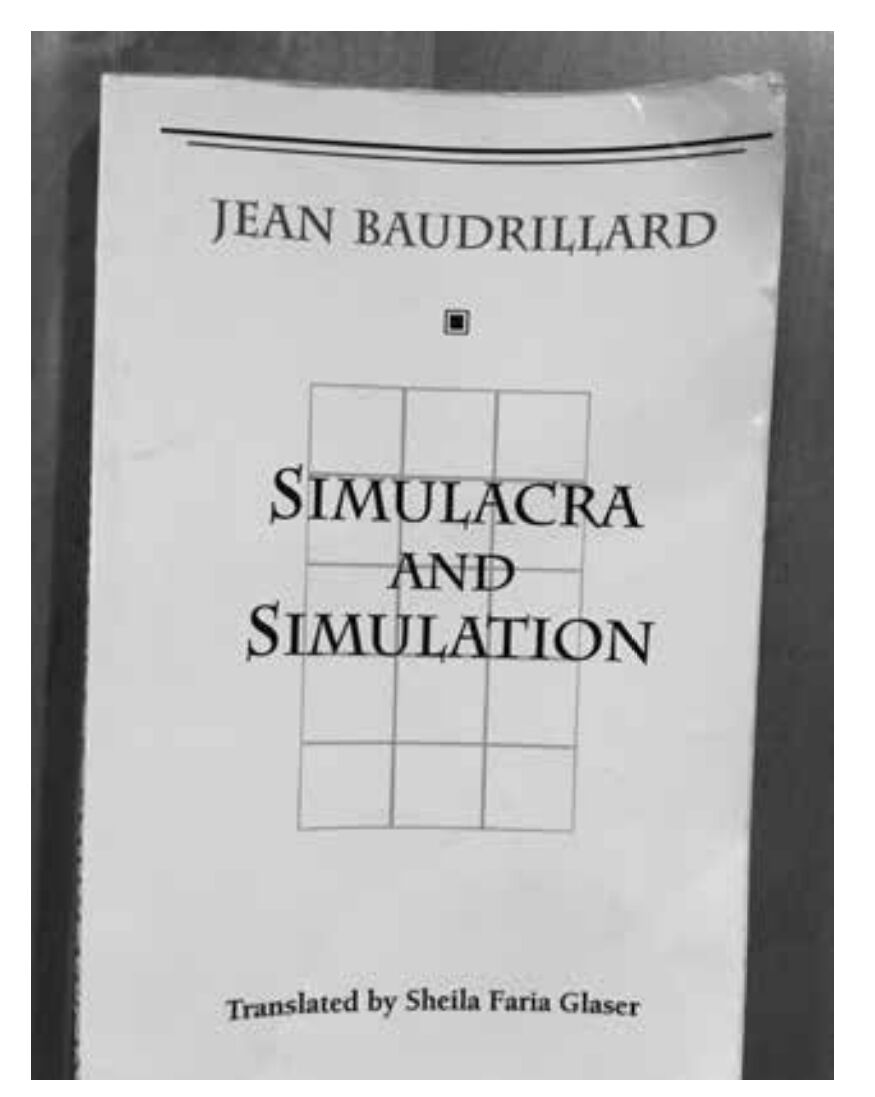Fraud as Hyperreality
| Publication year | 2023 |
| Author | Written by Hon. Abraham C. Meltzer |
Written by Hon. Abraham C. Meltzer*
Fraud is the central issue in many criminal prosecutions and civil lawsuits. In addition to common law fraud, there are also fraud-related statutes, such as: the federal and California False Claims Acts, wire and mail fraud statutes, identity theft laws, and various securities fraud statutes. Fraud occupies a prominent position in the legal landscape.
We rarely step back, however, to think about the fundamental nature of fraud — what is it, really? Yet, such a philosophical discussion is useful when investigating fraud cases. One tool that provides insight when analyzing fraud is French philosopher Jean Baudrillard's concept of hyperreality. Understanding hyperreality helps us to answer the question we all want to know when we are handed a new fraud case: what is truly going on?
Baudrillard articulated the concept of hyperreality in his 1981 book Simulacra and Simulation. The book famously inspired the 1999 sci-fi film The Matrix, which depicts a world in which intelligent machines have trapped mankind in a simulated reality so flawless that only a few people realize it is a simulation.

Photo by Hon. Abraham C. Meltzer
The idea of hyperreality recognizes that our modern, complex society increasingly relies on symbols to represent underlying realities. However, over time we tend to confuse symbols for the things they supposedly represent — until the symbols become more "real" to us than the underlying items. This substitution of a symbol for the underlying reality is hyperreality.
Think of your driver's license or your social security number. These originated for specific purposes: to drive a car and to track tax obligations. But now they have become broad symbolic identifiers for who we are. You know who you are: but try opening a bank account, or getting a loan, or even boarding an airplane or purchasing alcohol, without providing your driver's license and/or social security number. Not to mention what might happen if these documents are misappropriated by a nefarious
[Page 25]
person, who uses them to impersonate you. In many ways, these identification documents have become more real than we are.
As another example, in college the grades A through F, or their numeric equivalents, supposedly represent the degree to which a student has mastered (or failed to master) a course's material. But if you are in law school, ask yourself whether most of your fellow students would rather (a) have a true and deep understanding of the material but receive a C+ grade, or (b) not really understand the material but nevertheless receive an A grade? Or, if you are a law firm hiring partner, consider whether your firm automatically uses applicants' grade point averages as an interview screening device, believing that, say, a 3.7 GPA means a smarter applicant than a 3.5 GPA. Arguably, grades themselves have become more real than the knowledge they...
To continue reading
Request your trial
